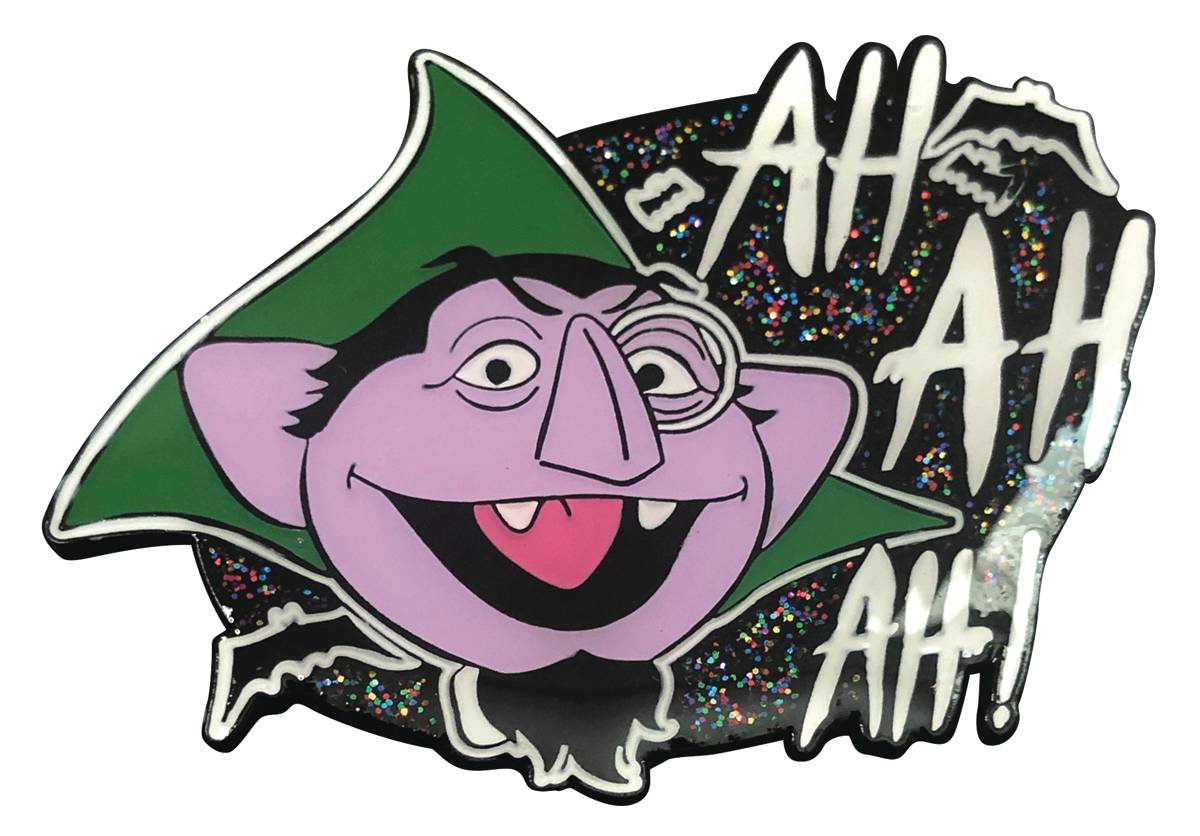La Casa vs El hospital. What determines the gender of each? Spelling is great, but this piece boggles the mind.
I’m sure there’s etymological reasons, but in practice ‘la hospital’ being less pleasant to say (with two vowel sounds directly next to each other) probably contributed. Like how it’s el agua, even though any adjectives for it are feminine: el agua contaminada.
Suffix -a mostly female, Suffix -al mostly male. There are exceptions but it’s a good rule of thumb.
And then you get - el agua
Feminine. With feminine adjectives. El agua clara. But you have to use “El”.
Spanish is still way more consistent than English tho
In Spanish, most masculine verbs are “LONERS”, and end with one of those letters.
This is sponsored by Big Gender to sell us more gender. /j
Je ne suis pas Francais
Maybe it’s a trans washing machine, you shouldn’t assume its gender. /jk
What do you thin? It’s conceptually a hole that gets wet!
Ur mom!
What about a dryer?
It’s conceptually Ben Shapiro’s wife.
Kinda sad Alpha Ben has never heard the squishy sounds of making love to a woman.
Exactly. Masculine
C’mon, une machine a laver is obviously a girl! Unless you call it a lave-linge instead, in which case it’s a boy.
La laveuse
Foreign language classes in high school creates gender abolitionists
It certainly fuels the flames.
Once you start asking why the hell the french have to gender everything, you start asking why we have to gender anything.
It’s all a construct!
French is wild, but it’s actually pretty easy to remember genders for appliances in particular. Generally, the more attractive the appliance, the less questionable its gender. Who could misgender a swamp cooler or a blender?
Generally, the more attractive the appliance, the less questionable its gender.
Lol what
There is a say in france along the lines that the more bad something is the higher the probability it’s feminin.
You trying to tell me that you don’t know your toaster’s safe word?
Oh is that what that Cancel button is for?
No, you have to force the handle to the up position.
Well that certainly doesn’t sound consensual.
You’re jamming oiled-up bread into a device that has no means to expel unwanted fluids, and its only form of protest being to overcook your buns. What do you think?
Keep going…
Girl, easy.
If you’re not sure just guess femminine, that seema to be the case more often than not
That’s common in most Latin derived languages
Teacher: Time for the French, get your berets!
“Mark, please pass out the baguettes to the class. Only take one!”
I’m le tired
Have a nap, then
fire ze missileshand out ze baguettes!

Achctually in french they write ah ah ah.
Very disturbing.
Just switch to German, I know it’s die Geschirrspülmaschine
Das ist die Waschmaschine! Setzen, sechs!
Die, Bart, die! Herrgott nochmal!
Did you just say The, Bart, The?
Rustig, rustig. Het is nog geen augustus en we zijn nog niet in Zeeland.
Not knowing any German I can’t tell the difference between this being correct or your putting down “the water sloshing noise machine” with a German accent.
They’re the same picture
(but for those curious scrollers it’s dishes sink machine)
it’s more of a dishes washing machine.
while Spüle is sink, Geschirr spülen is washing dishes. spül is not a noun in this case.
Germans: German is such a beautiful language!
German:
It’s beautiful in its precision and how it constantly clears your throat
Ok then. What’s the gender of Nutella?
That wasn’t covered in German class
That’s a dishwasher
At least in my part of Austria it’s usually „der Geschirrspüler“
Well yeah that’s a different word
Protip : french is misogynist
My native language is gendered but I still don’t always know how I’m supposed to talk about male members of a species with a feminine name or vice versa.
“A person by the name of Mary was…” “Person” is masculine. Mary can hear me and I don’t want to offend her. “Was” has a masculine and a feminine form.
I think the masculine form of “was” would be technically correct, but then do I have to use masculine pronouns? “A person by the name of Mary was there and he…” The real answer is to rephrase what I said to avoid awkward grammar.
i thought gendered languages had two genders for words like “person” so you could make the swap when the gender is known
e.g. un person / une personne
I deliberately picked an example where there isn’t (or I don’t know) a feminine version. Most words that I can think of for various categories of people do have two genders, although in many cases the feminine version sounds awkward to me, a little like the “trix” suffix does to English speakers.
(Also, the male default sometimes makes using the feminine version of a word sound like you’re deliberately emphasizing that you’re referring specifically to women as opposed to simply talking about someone who happens to be a woman.)













